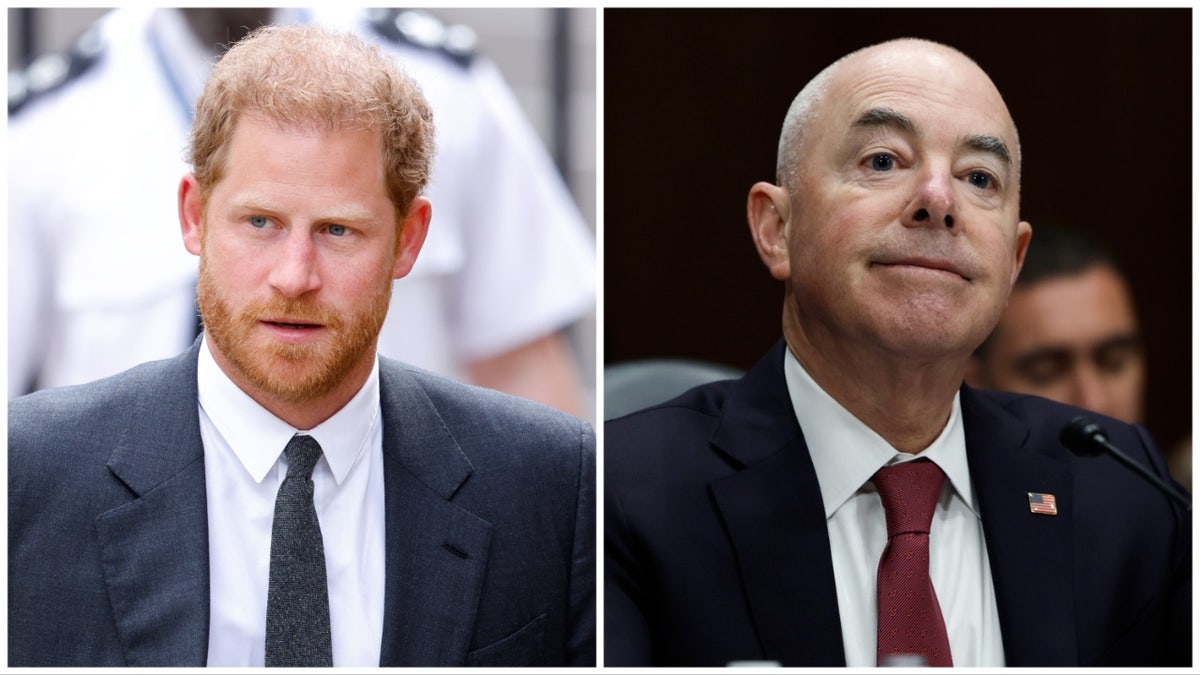Must Read
Prince Harry’s Immigration Records Delayed as DHS Requests More Time
The Department of Homeland Security (DHS) has come under scrutiny after it was revealed that they may have misled a federal judge in an attempt to delay the submission of Prince Harry's immigration records.
The DHS stated that they require an additional two weeks to locate and provide the necessary information, as the court deliberates on whether these records should be disclosed to the public.
The request for an extension was made by DHS lawyers in a court filing over the weekend, citing the need for more time to address Judge Carl Nichols' directive to justify the confidentiality of Harry's immigration details.
The Conservative Heritage Foundation has been pushing for the release of these documents, particularly in light of concerns surrounding the accuracy of information provided by Harry regarding his history of substance use in his visa application.
While the defendant has initiated the search for the records, the process has proven to be more time-consuming than initially anticipated.
According to the DHS, the review and retrieval of the documents may involve other government agencies, further complicating the timeline for compliance with the court's order.
The DHS's plea for an additional 14 days, extending the deadline to April 4, 2024, has raised suspicions among legal experts.
There are concerns that this delay could potentially allow for modifications to Harry's declaration or the creation of new documentation, raising questions about the authenticity of his visa application.
Speculation abounds regarding the ease with which a member of royalty like Prince Harry could have navigated the immigration process.
Some suggest that his status may have afforded him leniency, allowing him to reside in the United States without the requisite paperwork.
Others believe that the delay in releasing the records is a strategic move to shield Harry from public scrutiny, highlighting disparities between the treatment of elites and ordinary citizens.
As the saga unfolds, observers are questioning the validity of the DHS's claims regarding the difficulty of accessing Harry's immigration records.
Skepticism surrounds the notion that such information would be challenging to obtain, especially given modern technological capabilities.
The looming possibility that Prince Harry may have been living and working in the U.S. without a valid visa has sparked calls for accountability.
The prospect of deportation is being floated by some, underscoring the potential consequences of circumventing immigration regulations, regardless of one's status or background.
Earlier attempts by the DHS to withhold information on grounds of privacy protection have been met with resistance, leading to the current legal battle in federal court.
Judge Nichols has expressed dissatisfaction with the lack of specificity in the DHS's arguments, prompting a deeper examination of the records in question.
In a recent hearing, Judge Nichols mandated that the Biden administration provide detailed declarations outlining the rationale behind withholding certain records and the potential harm that could arise from their public disclosure.
This in-camera review aims to determine the applicability of exemptions claimed by the DHS and ensure transparency in the decision-making process.
The unfolding controversy surrounding Prince Harry's immigration records underscores broader issues of transparency, accountability, and equitable treatment within the immigration system.








































